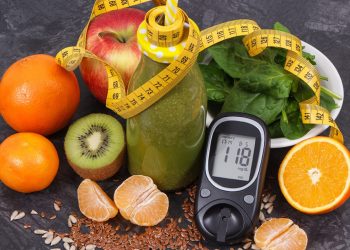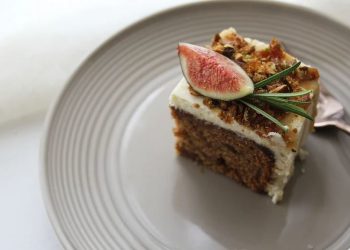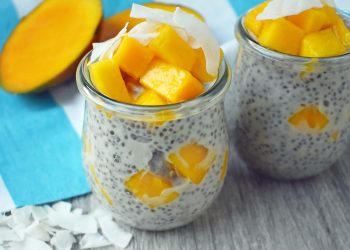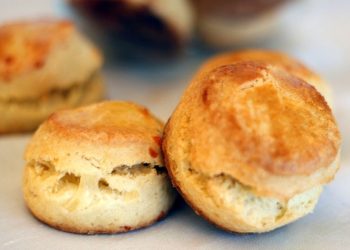[tps_header]Getting through Ramzan in the summer heat and being healthy at the same time can sound like an oxymoron – because let’s be real, all you want to do is lie in bed like a vegetable with the A/C on full blast, and wake up to the smell of pakoras.
While it can be tempting to live this way for a month, it has consequences such as weight gain, falling off track with fitness routine, low energy levels and becoming lazy and unproductive. That being said, it is possible to find a middle ground and leave room for naps and pakoras, while also taking care of your health. So we’d be doing a three-week series on general guidelines; nutrition, digestion and lifestyle so you can be prepared this Ramzan and take care of yourself.[/tps_header]
WEEK 1: NUTRITION GUIDELINES
EAT REAL FOOD
Frozen packets of samosas and kebabs are convenient, but full of artificial colouring, additives, preservatives and a whole chemical cocktail that places stress on the gut and liver, leading to low energy levels.
Instead, opt for real, whole foods in their natural state. These include: vegetables, fruits, raw unsalted nuts and seeds, beans, lentils, whole grains, and organic animal products such as yogurt, eggs and chicken, if available.

INCLUDE PROTEIN AT SEHRI
In order to minimize hunger, you need to keep your blood sugar levels balanced. If your blood sugar rises and dips too fast, it leads to more cravings and hunger.
For balanced blood sugar levels, ensure your sehri meal includes plenty of protein, good fat and fibre. For example, you can eat an oatmeal (fibre) sprinkled with nuts (good fat) and a hard boiled egg on the side (protein).
Avoid eating only a paratha, cereal or toast in the morning, which contains only refined carbohydrates.

AVOID DEEP FRIED FOODS
I know, I know, this isn’t news! We’ve all heard that we should limit our intake of fried food, but it doesn’t hurt to reiterate. Fried food contributes to weight gain, inflammation, increased risk of heart problems and greater cancer risk. This is because any fried substance releases a substance called acrylamide, which is a known carcinogen (capable of causing cancer).

MINIMIZE SUGAR CONSUMPTION
We all know that sugar is found in cakes, pastries, soft drinks, ice cream and chocolate. But it’s also hidden in seemingly “healthy” items such as cereal, orange juice, flavoured yogurt and milk.
Sugar is especially harmful in Ramadan because it can contribute to fatigue, mood swings, insomnia, headaches, anxiety, and cravings.

SWAP VEGETABLE OILS FOR GHEE
This one might come as a surprise, since it’s one of the biggest marketing scams out there! Just as margarine is a fake, man-made version of butter, vegetable oil is a cheap, artificial alternative to healthy oils such as olive oil and ghee.
Vegetable oil is not made from vegetables (you can’t squeeze oil out of lettuce!) but actually comes from soybean, cottonseed, safflower, corn and rapeseed (canola). These oils are refined, industrial products that are bleached, deodorized and extracted with a harmful solvent called hexane. When used at high heat, they become rancid, promote inflammation and are harmful to health.

This series is brought to you by Alina Islam, a Pakistani-Canadian Holistic Nutritionist. Stay tuned for her three-week series as she covers nutrition, digestion and healthy lifestyle tips for Ramadan on SiddySays. You can read more of her tips for healthy living at her website, or follow her on Facebook and Instagram.




